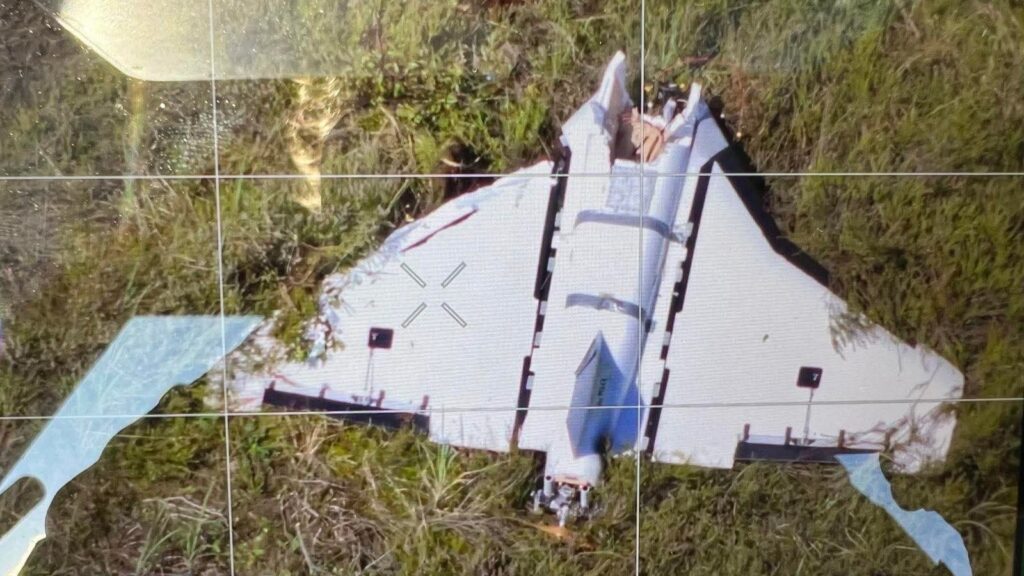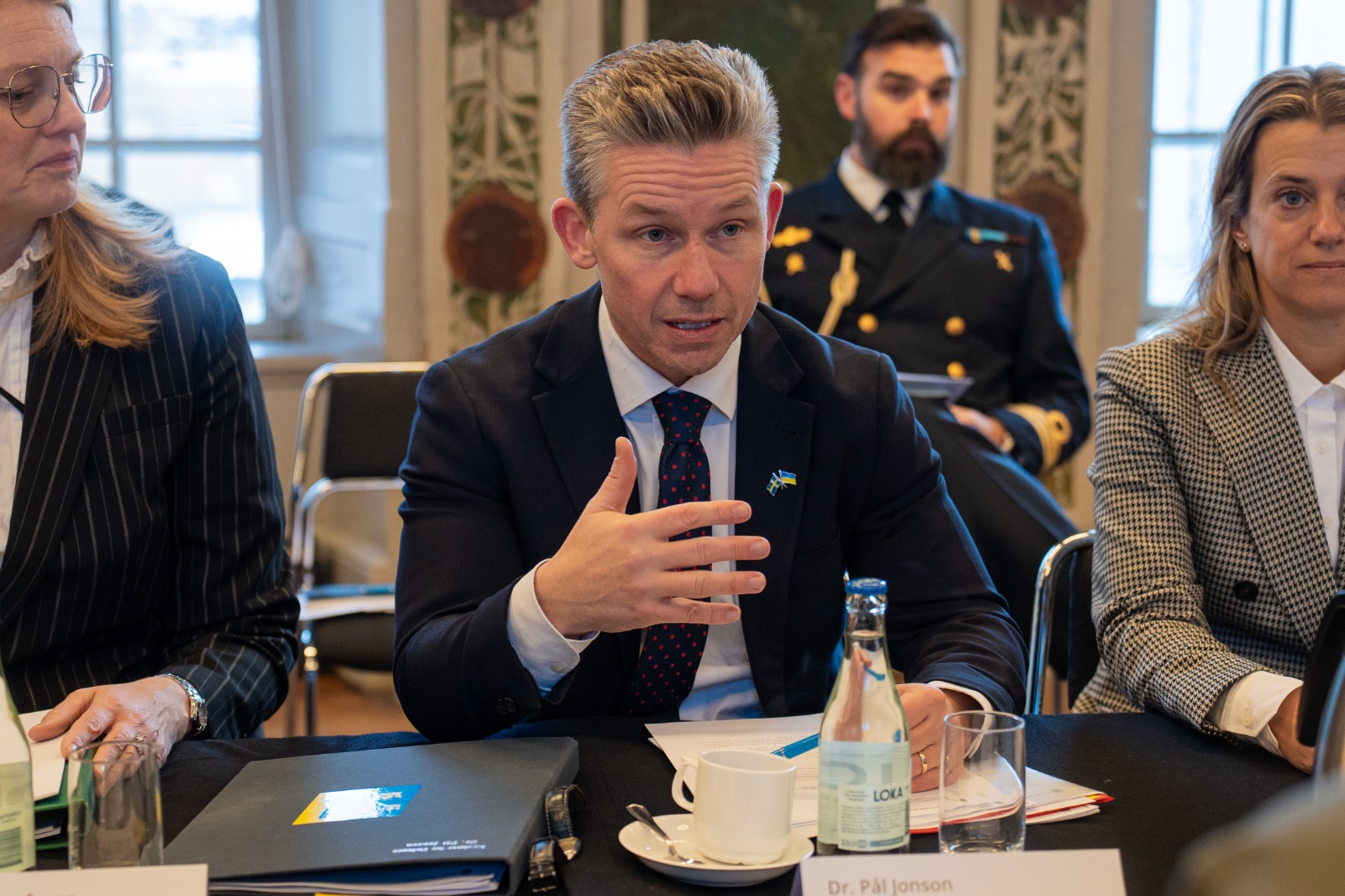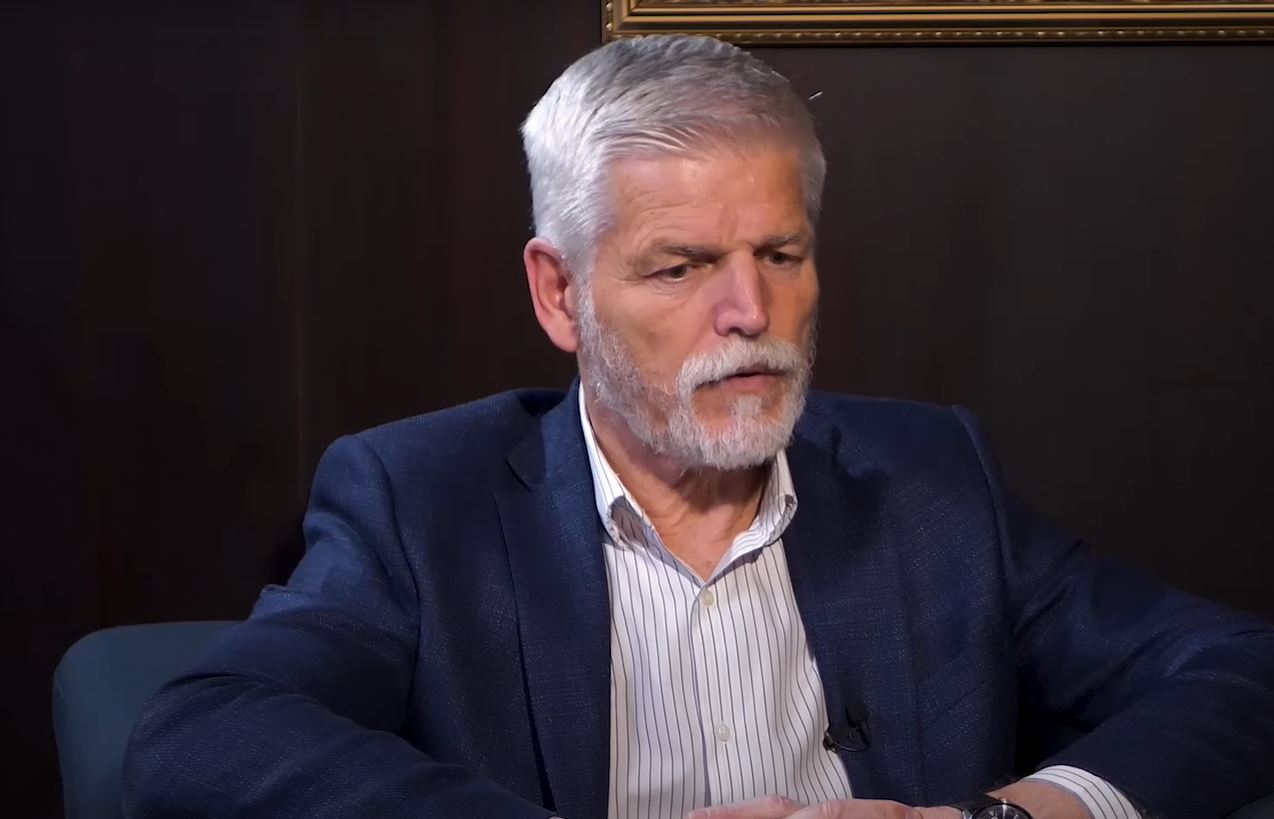Lithuanian military granted new powers against drones — law revised after border airspace intrusions

Lithuanian public broadcaster LRT reports that Lithuania has passed urgent legislation expanding the military’s powers to counter drone threats following recent Russian airspace intrusions into several NATO countries. The legal changes are meant to address growing concerns about hostile drone activity near national borders.
Lithuanian parliament approves rapid drone response law
On 23 September 2025, Lithuania’s parliament, the Seimas, adopted amendments to both the Aviation Law and the Statute on the Use of Military Force, LRT says. The changes grant the military expanded authority to neutralize drones that threaten the country’s airspace, especially in restricted zones.
The amendments were approved under emergency procedure, which, under Seimas rules, is used to safeguard “vital public and state interests.” All lawmakers present in the chamber voted in favor.

Pål Jonson: Sweden prepared to act if airspace is breached — military response remains an option
The country’s Defense Minister Dovilė Šakalienė said the previous laws and procedures were not designed to meet the challenges of current drone-related threats. She explained that the updated statute establishes a new legal basis for using military force against unmanned aerial vehicles in restricted zones when flights violate the rules set by the military command.

Russian warplanes fly into NATO airspace — Czech President says maybe it’s time to shoot them down
Military force now allowed in more drone-related cases
Before the law change, troops could only engage drones used as weapons in prohibited zones. The Defense Ministry said the new regulations would allow more flexible and effective responses to drone incursions. However, it emphasized that force would only be used in cases of “absolute military necessity” and with all available precautions to avoid harm to people or property.
Additionally, the amendments to the Aviation Law introduce a mechanism for activating restricted zones and informing aircraft in response to airspace violations. The military commander or their delegate now has the power to request immediate activation or deactivation of restricted areas from air traffic service providers.